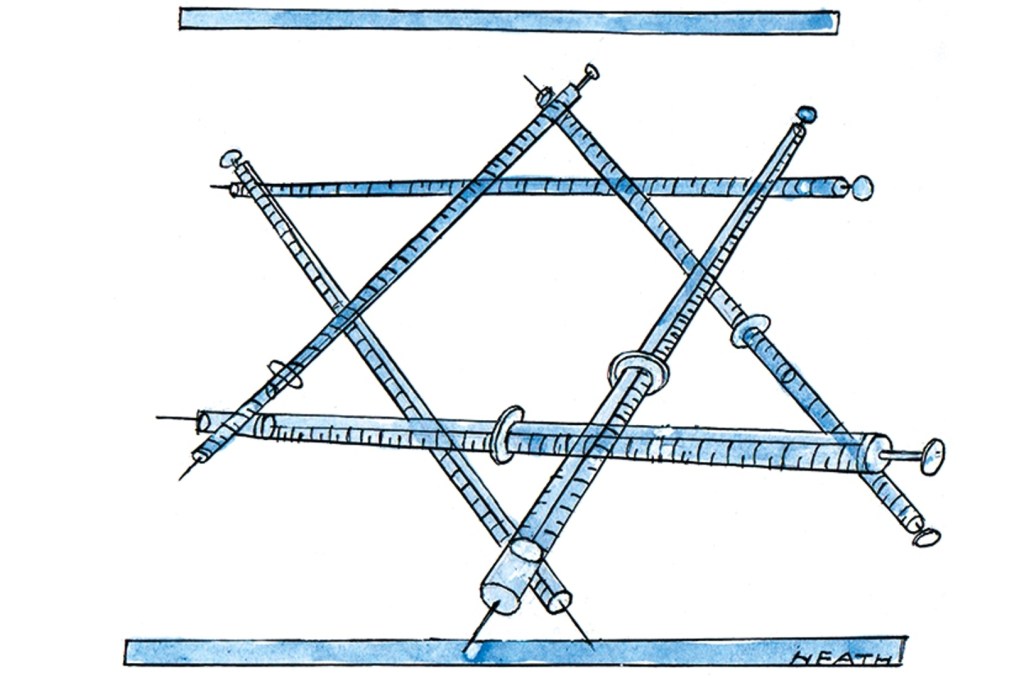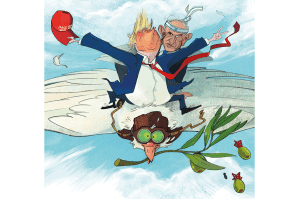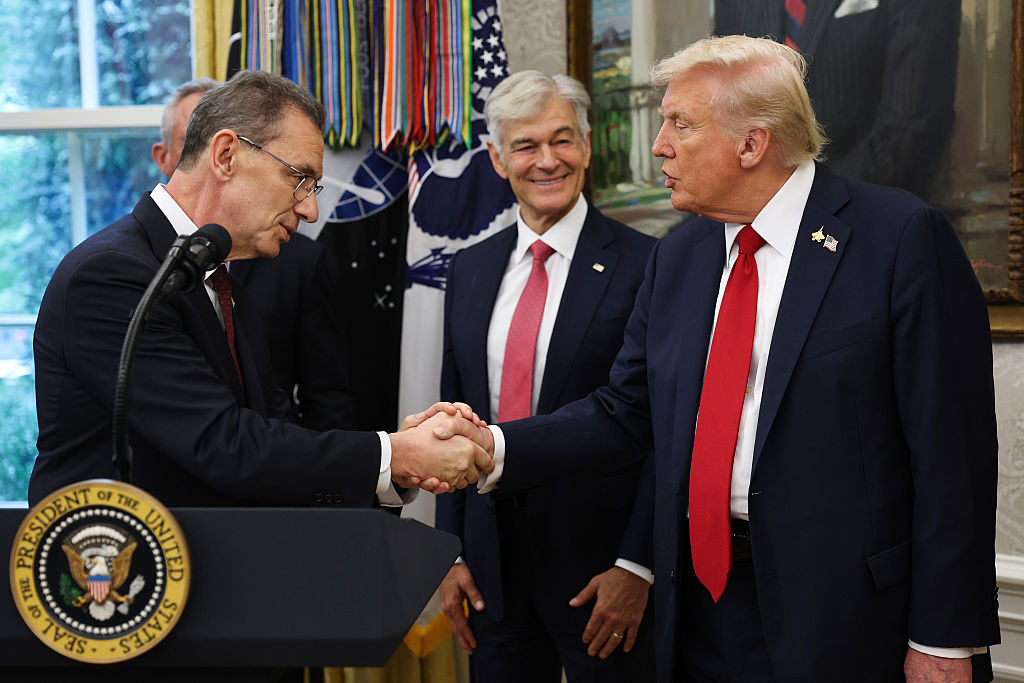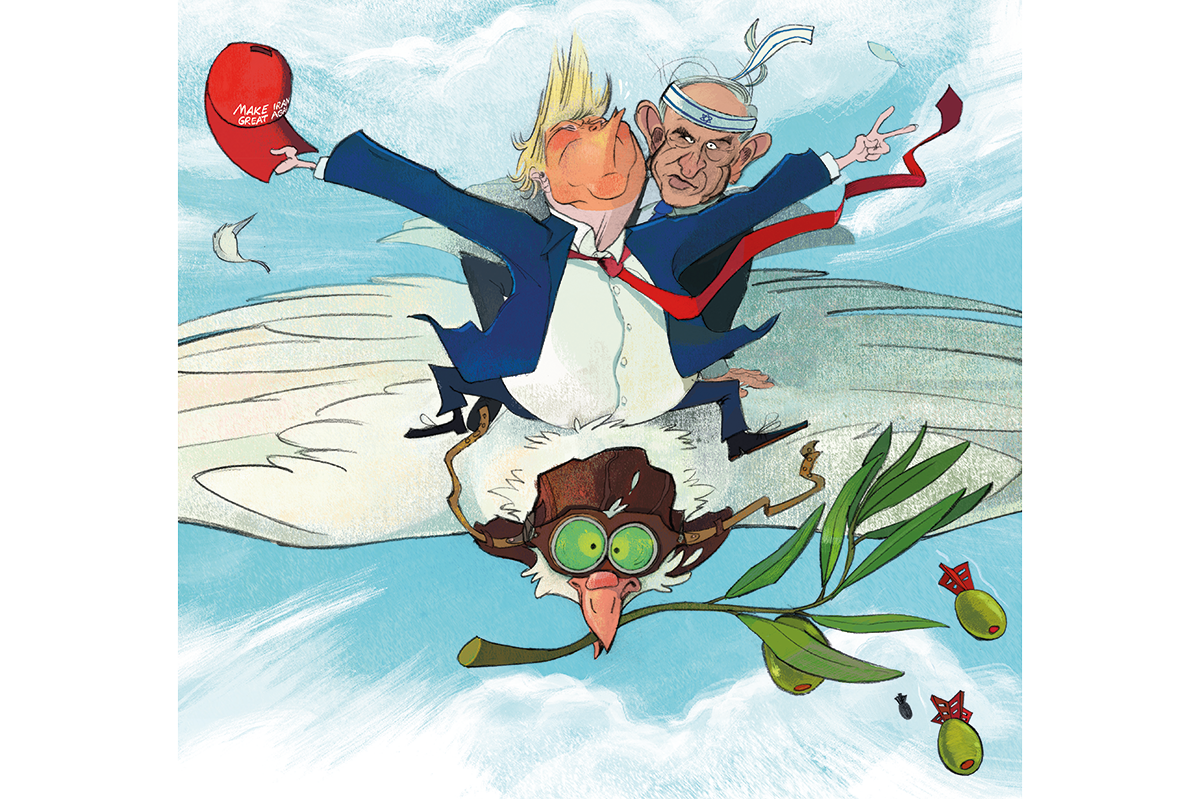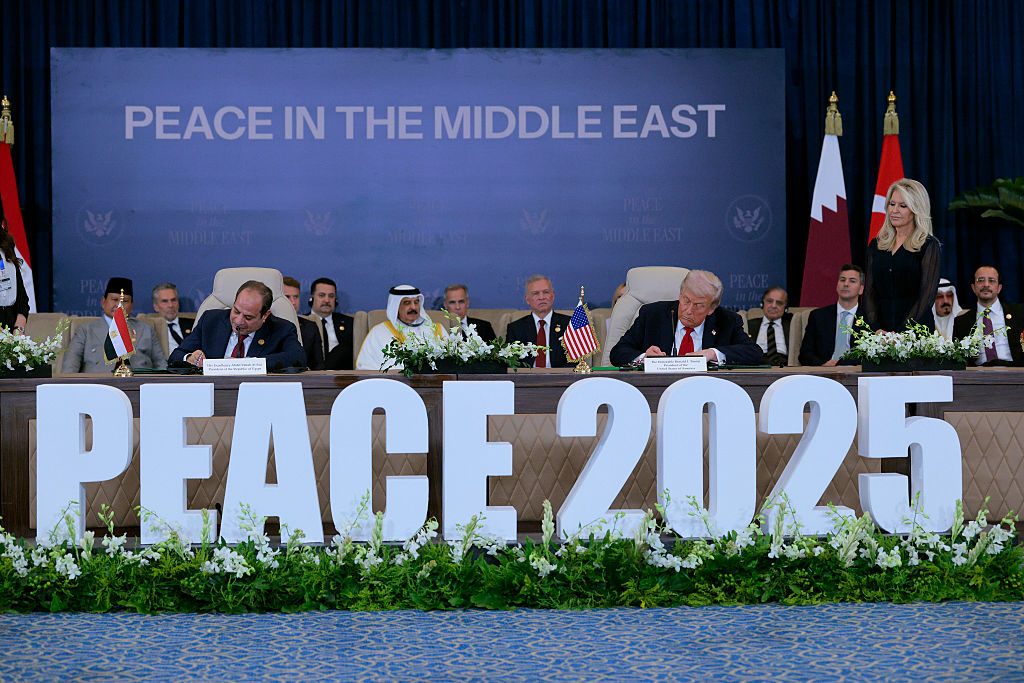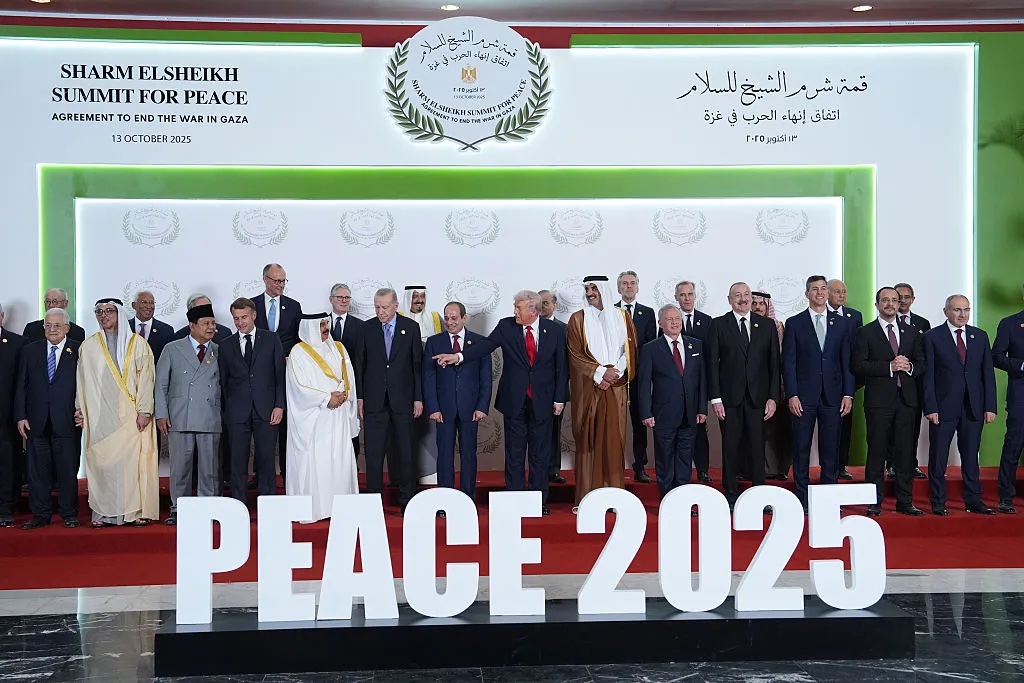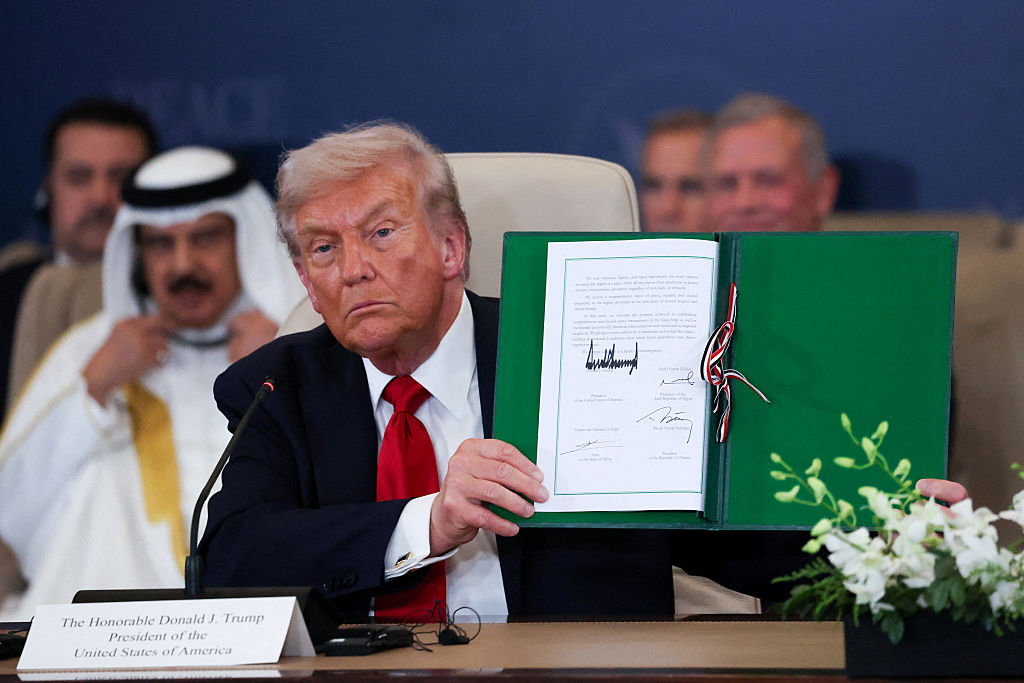Israel on Friday became the first country in the world to offer a third COVID-19 booster vaccine on a large scale. Prime Minister Naftali Bennett announced that Israel will vaccinate all people over the age of 60 again, with the new Israeli president, Isaac Herzog, and his wife, the first people to receive their third shot on Friday morning.
Legitimate concerns led to the decision: the number of new COVID cases in Israel has been rapidly increasing, including among the vaccinated — although to a much lesser degree compared with those who have not been vaccinated. There were 2,143 confirmed cases on Thursday, with 286 hospitalizations. Israeli experts who are advising the Health Ministry have said that the vaccine’s effectiveness in preventing serious illness among the over-60s vaccinated in January has dropped from 97 to 81 percent. Pfizer also announced in April that a third vaccination might be required — although this has so far been rejected by the FDA, the World Health Organization, and neither the US nor the EU have approved a third vaccination rollout.
Since mid-July, Israel has been giving booster Pfizer shots to thousands of immunosuppressed patients. The early evidence shows that the third vaccine is safe — but there is not yet enough evidence regarding its effectiveness and the longevity of its impact. With little evidence of its efficiency, it may be that the decision to offer it is based in part on political considerations. The new Israeli government is made up of a shaky coalition of parties that have little in common and it is in a constant struggle to maintain its integrity and avoid internal and external threats that may destabilize it.
In its short existence, the coalition has already come close to collapse. It recently failed to pass a Citizenship Law that prevents inhabitants of the Palestinian Territories from gaining automatic Israeli citizenship through marriage to Israeli citizens. The coalition failed to extend the law after two of its members abstained and one member voted against the government’s position. Likud, who have always supported the law due to security concerns, voted against it in order to position themselves against the coalition. Netanyahu’s camp has also been trying to tempt members of the coalition to quit and join them in order to collapse the government.
The government is therefore facing substantial pressure from the public and businesses to not reimpose coronavirus-related restrictions. Since the start of the pandemic, Israel applied some of the longest and tightest restrictions and lockdowns. Many economic sectors, primarily hospitality, suffered significant set-backs. Nearly a million Israelis were furloughed, unemployment increased and the government has now shrunk its financial aid scheme. Schools were shut, or operated only partially, for lengthy periods since February 2020, affecting about two million pupils and their working parents. Bennett is desperate to avoid imposing restrictions that will upset the public. At the very least, he has to be seen to take action in an attempt to curb transmission to prevent another lockdown. He is placing his bet on a booster vaccine — it may or may not have an effect on transmission, but chances are that it will not cause any harm.
Bibi Netanyahu provided Bennett with another reason to offer a booster shot. Bibi has been waiting for an opportunity to increase his popularity by strengthening his image as ‘Israel’s savior’. He has made significant efforts in maintaining this image throughout his time as Prime Minister — first against Iran and Hamas and later against the pandemic. Two weeks ago, Netanyahu started pushing for a third vaccine, claiming that it is ‘the only way to protect the population’ and ‘to save lives and an open and growing economy.’ Unknown to Bennett, Bibi had talks on the issue with the CEOs of Pfizer and Moderna. Bennett could not allow Bibi to overshadow him, and so made a hurried announcement regarding the booster shot — even while Israeli experts are still split over its necessity at this point.
While transmission is on the rise in Israel, current evidence shows a significant difference between the unvaccinated and vaccinated, with over-65s still enjoying an effective protection against COVID-19. This, and the lack of evidence about the efficiency of a booster vaccine, suggests that the decision to give it to all over-60s may be the result of political considerations and pressure on the government, despite Bennett’s insistence that this is not the case.
This article was originally published on The Spectator’s UK website.



